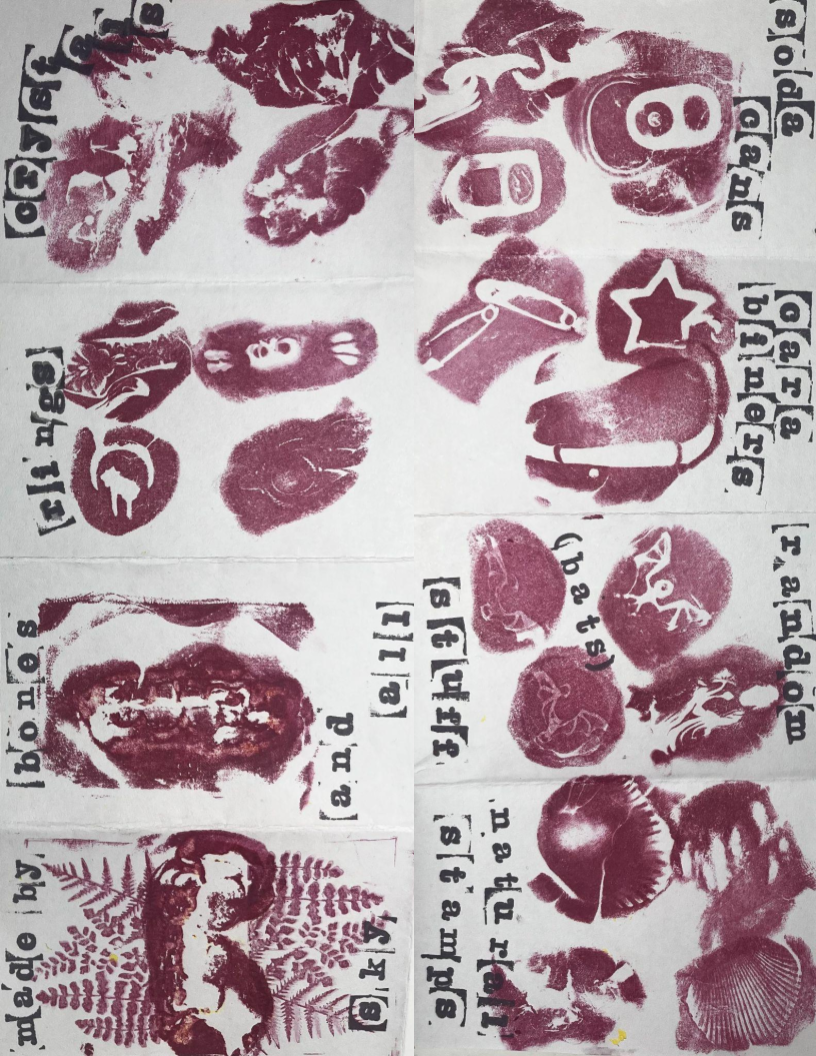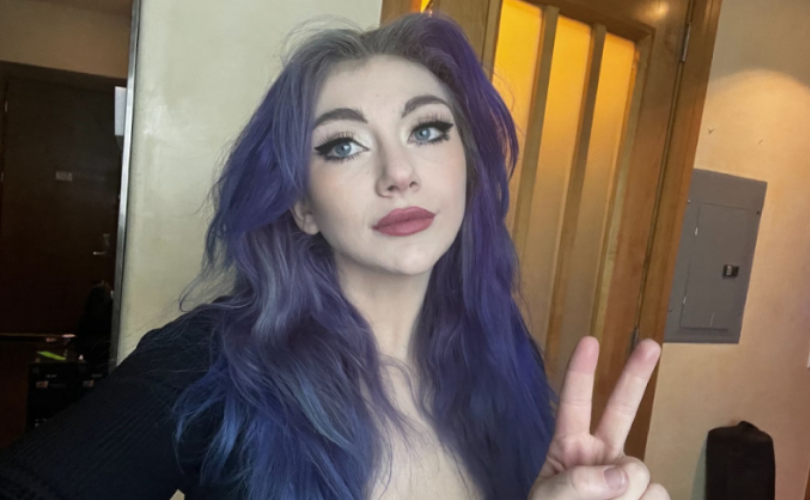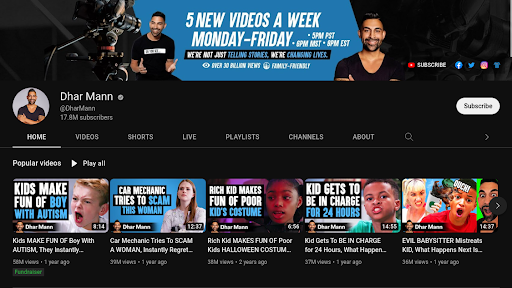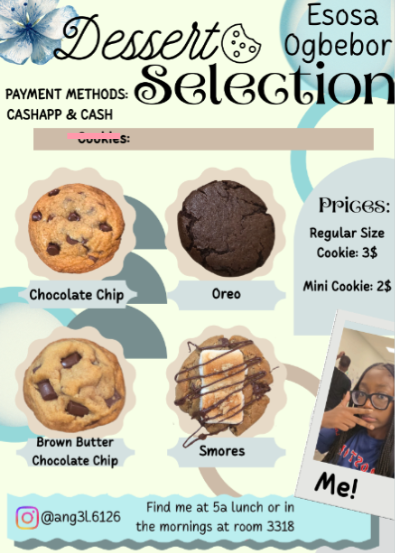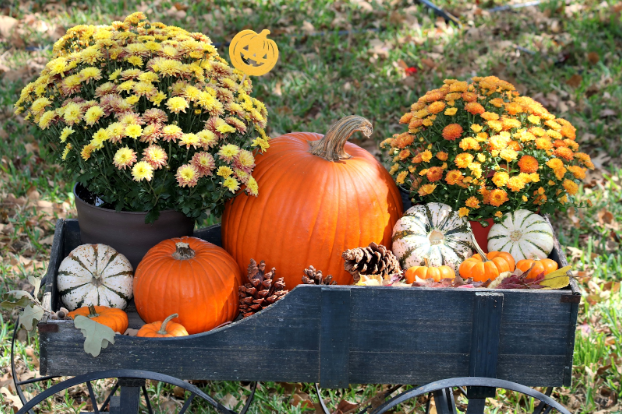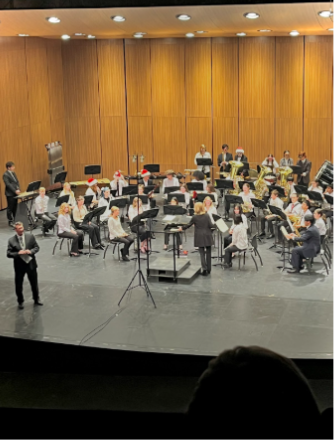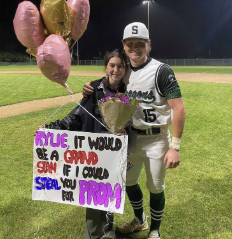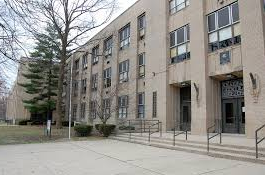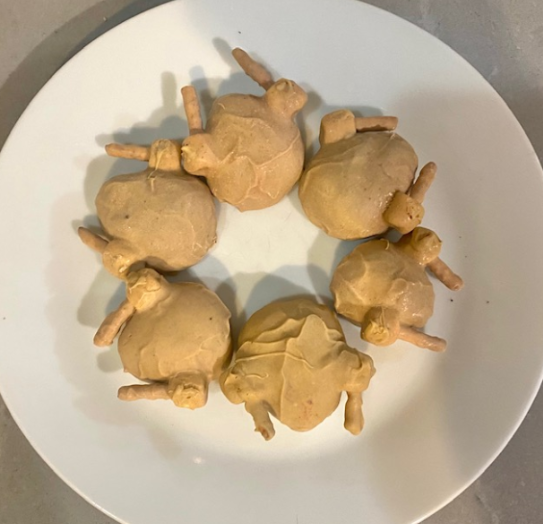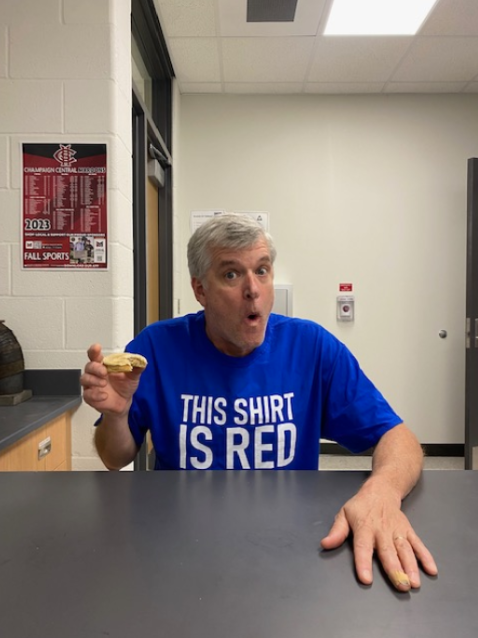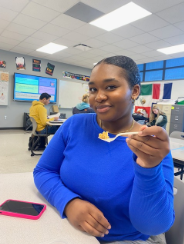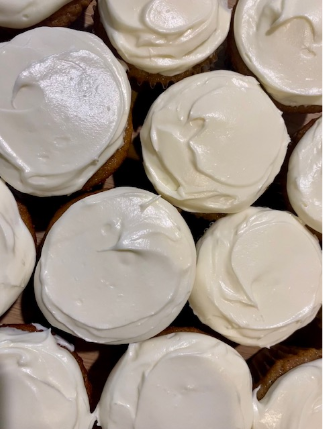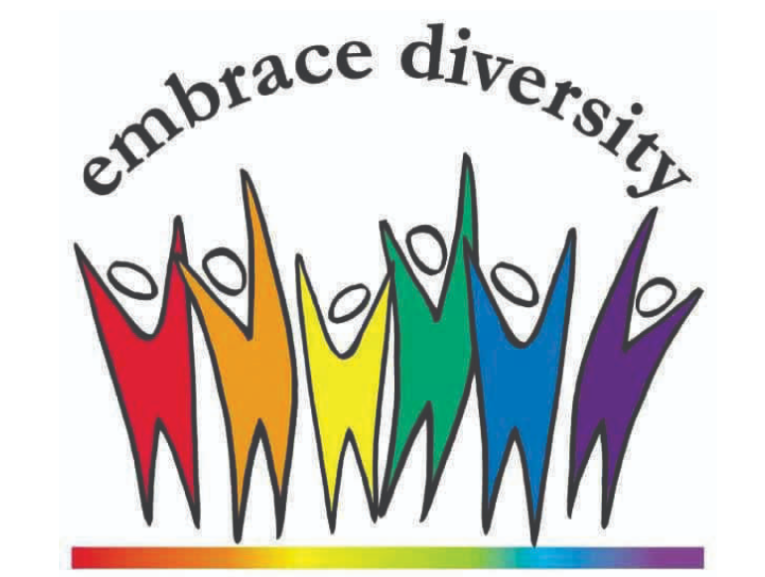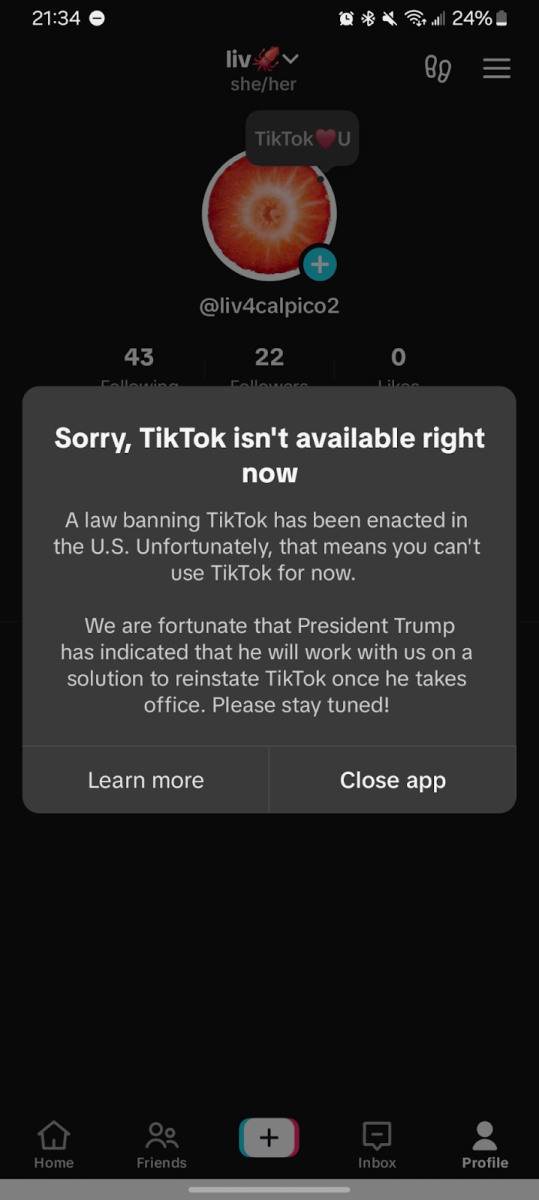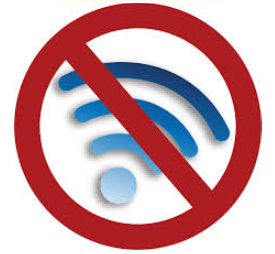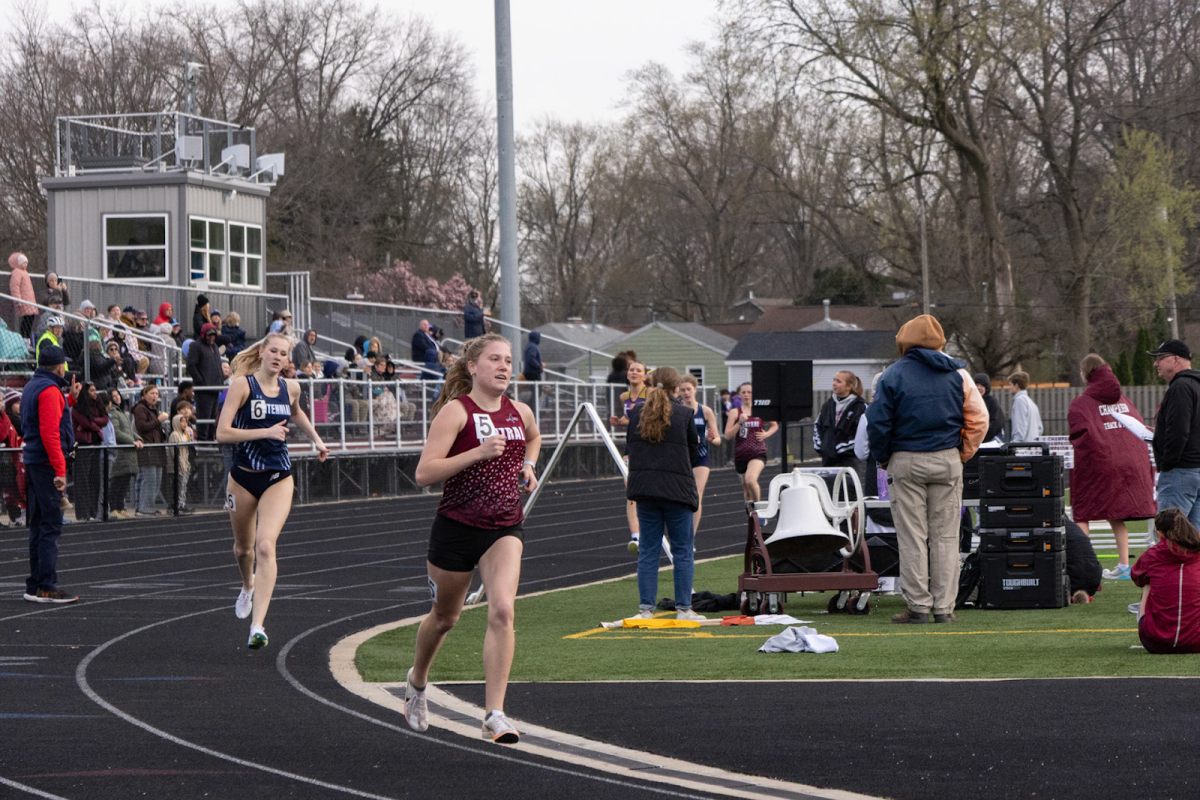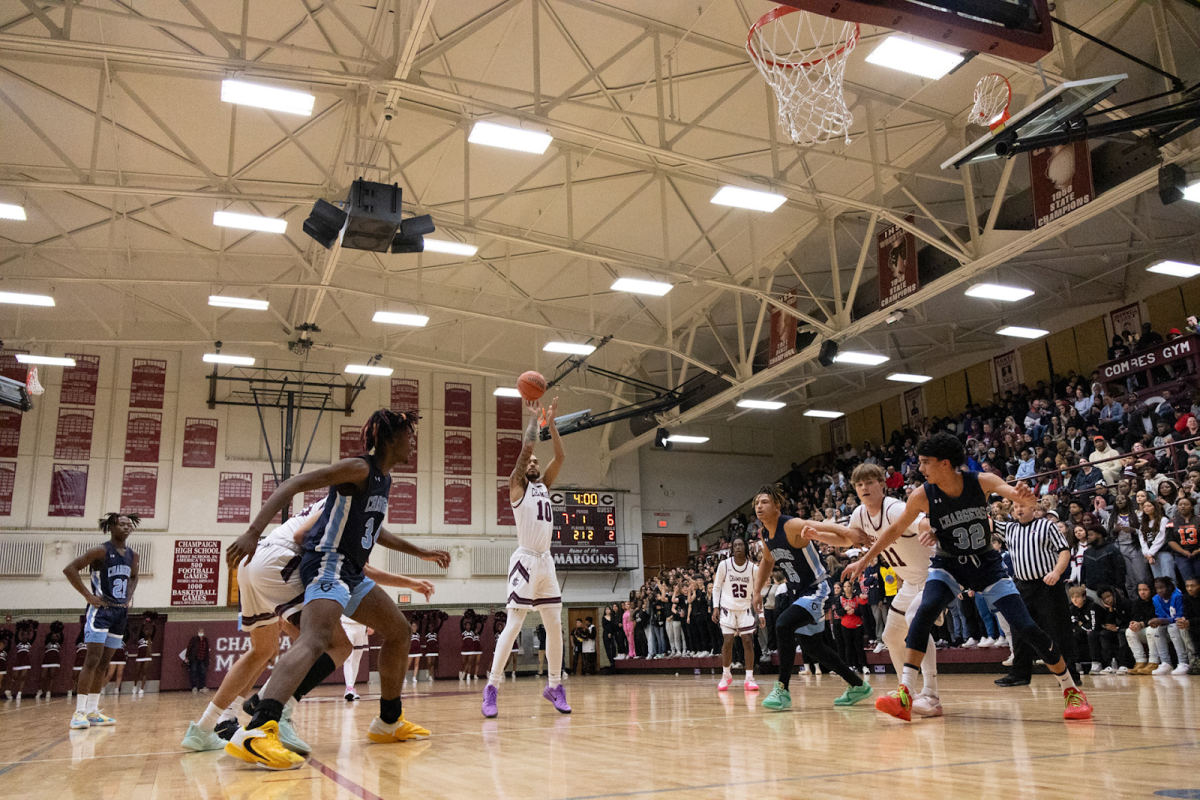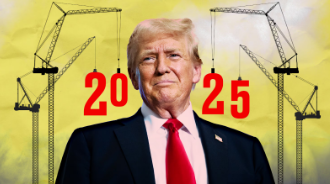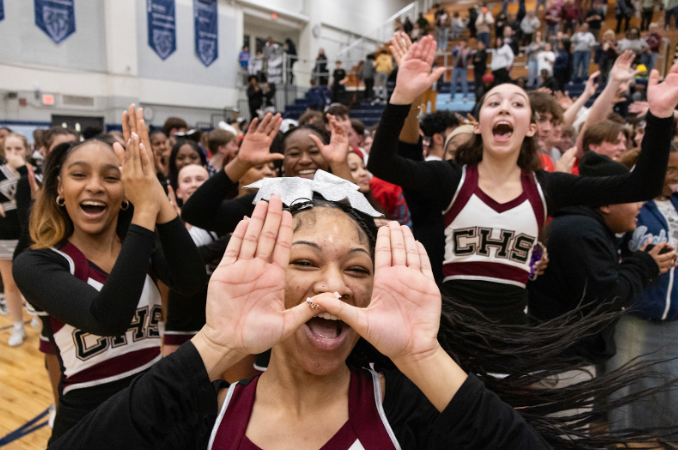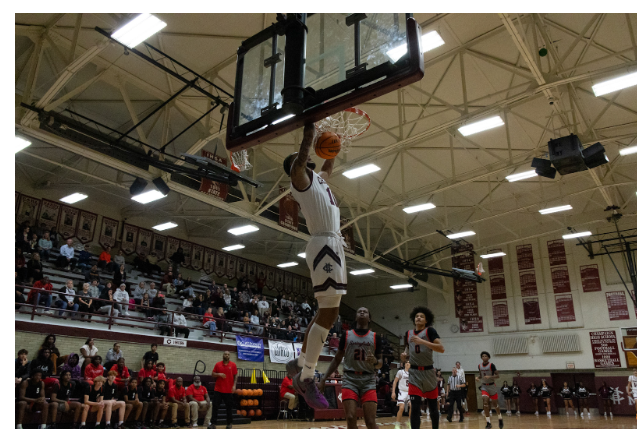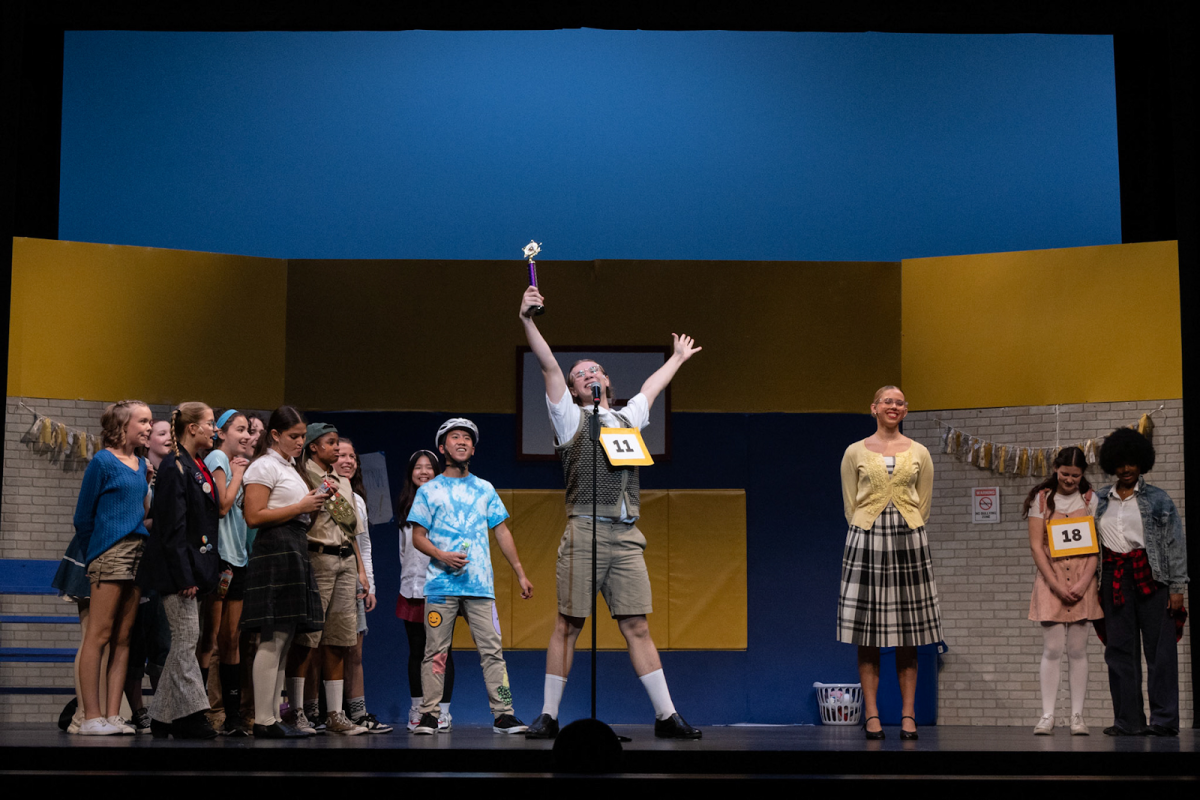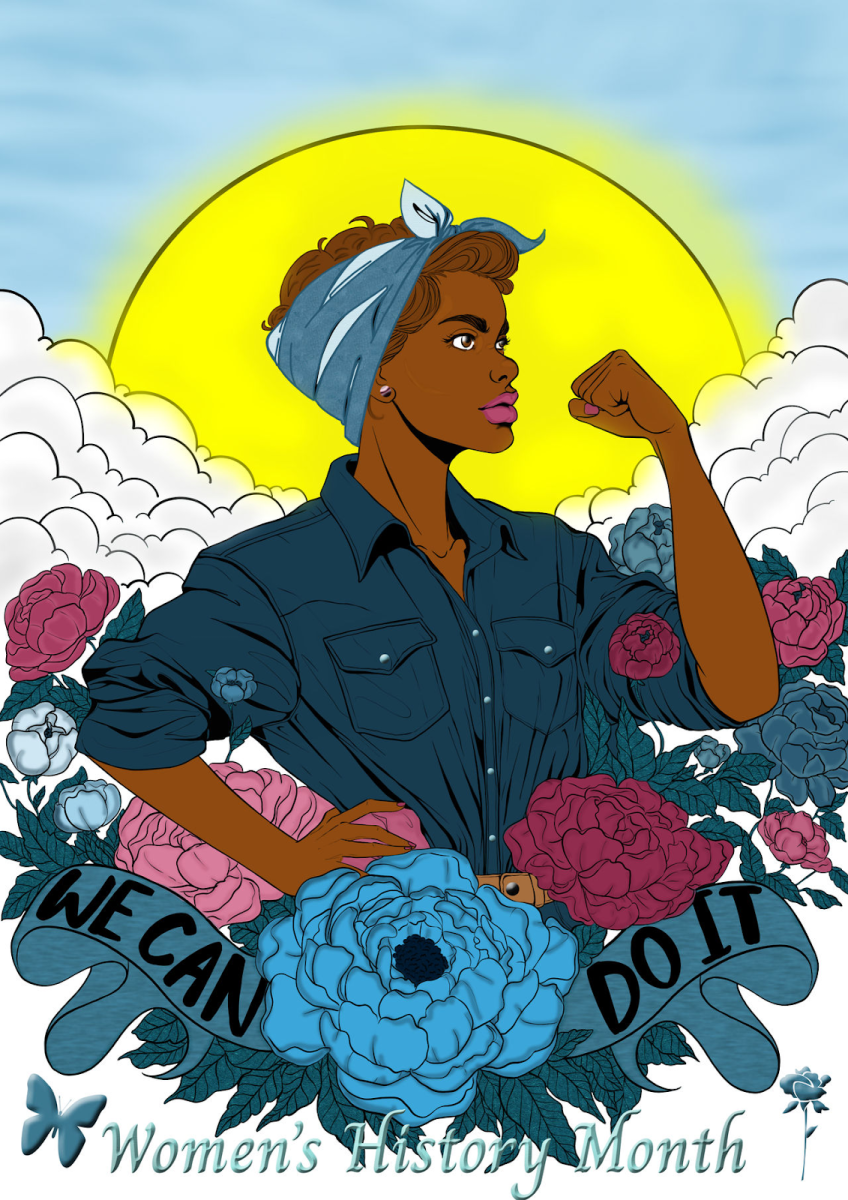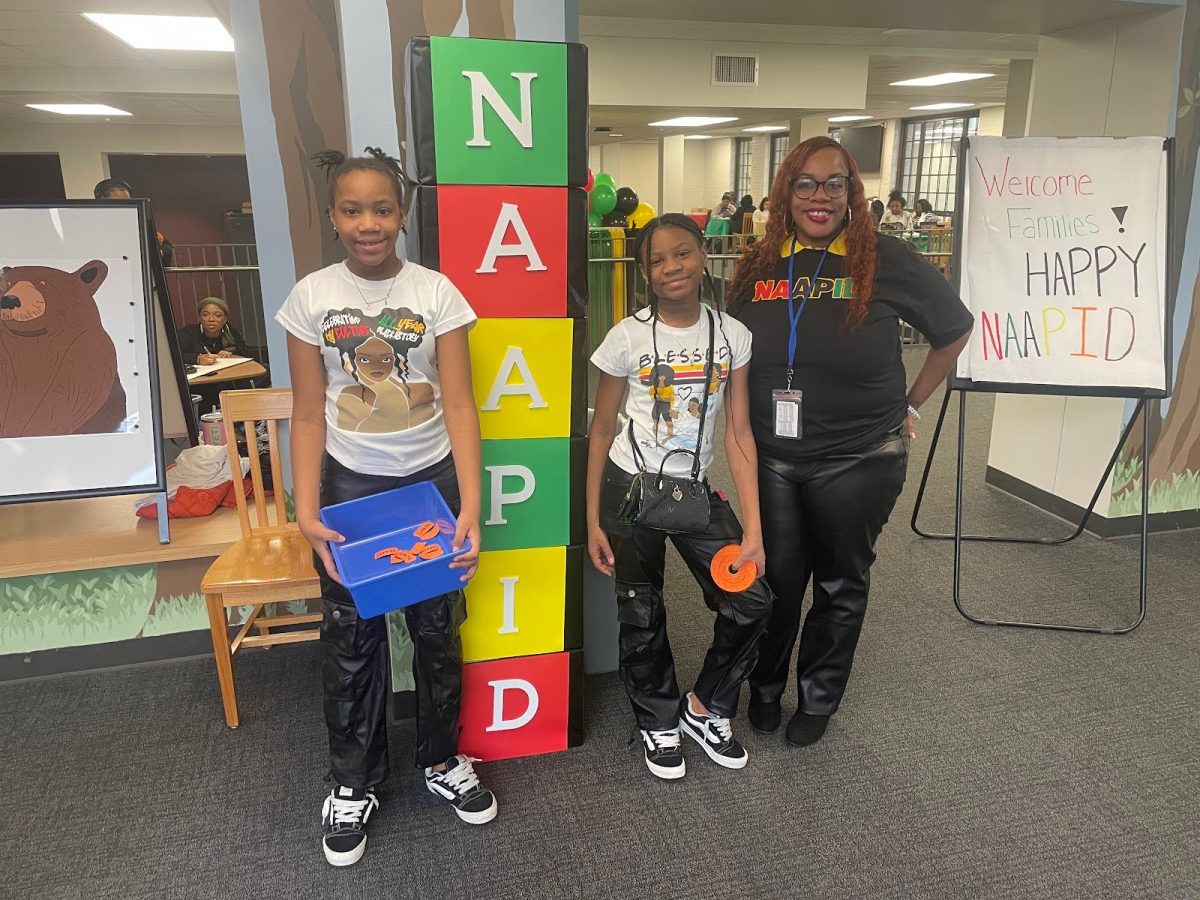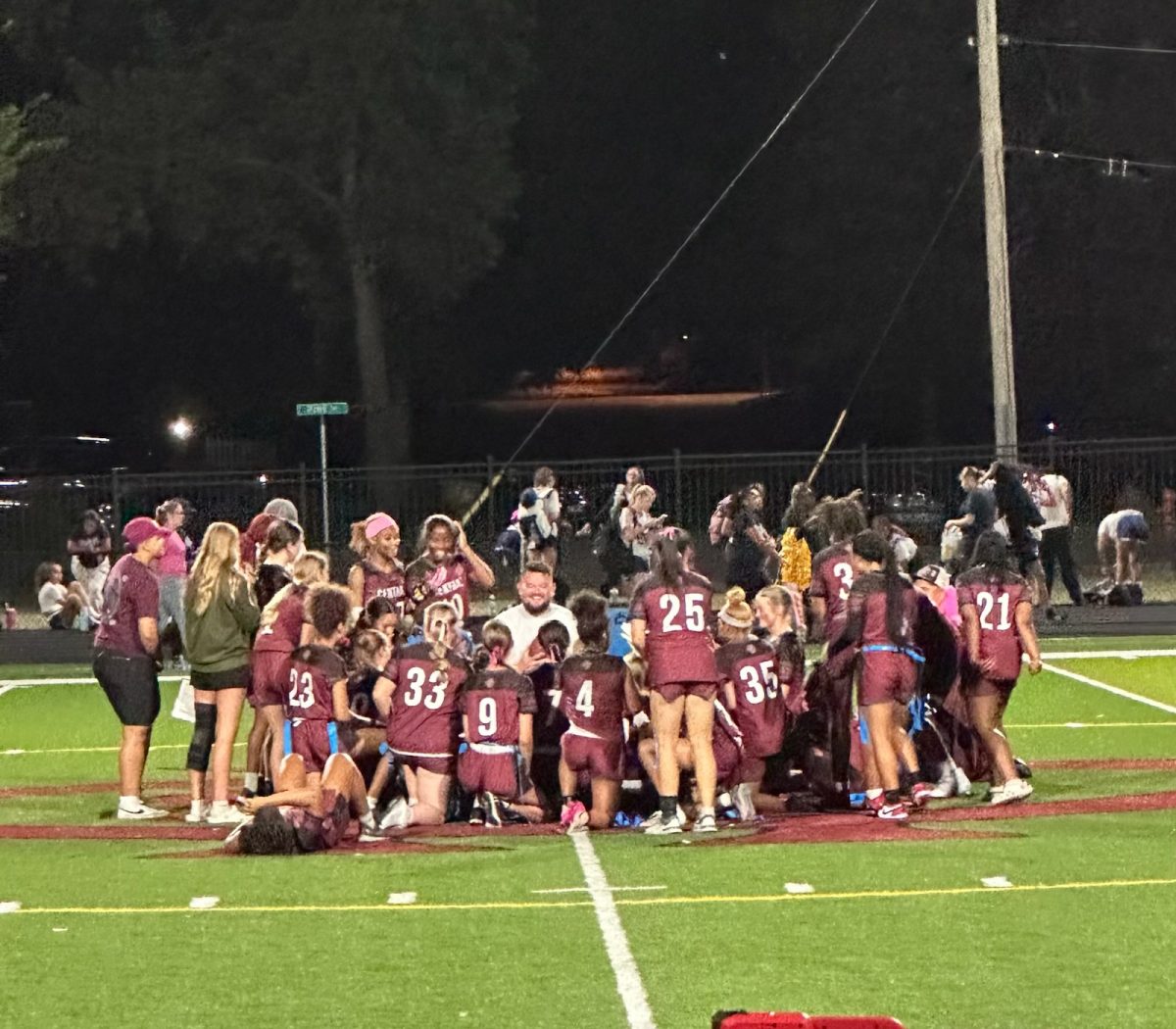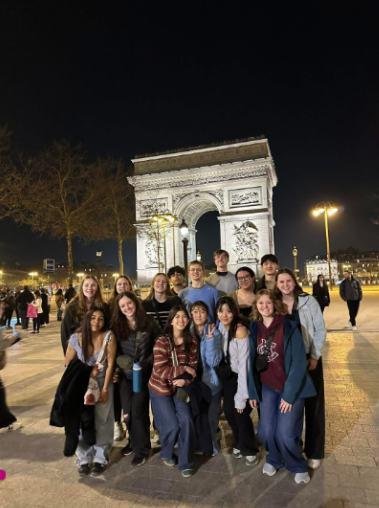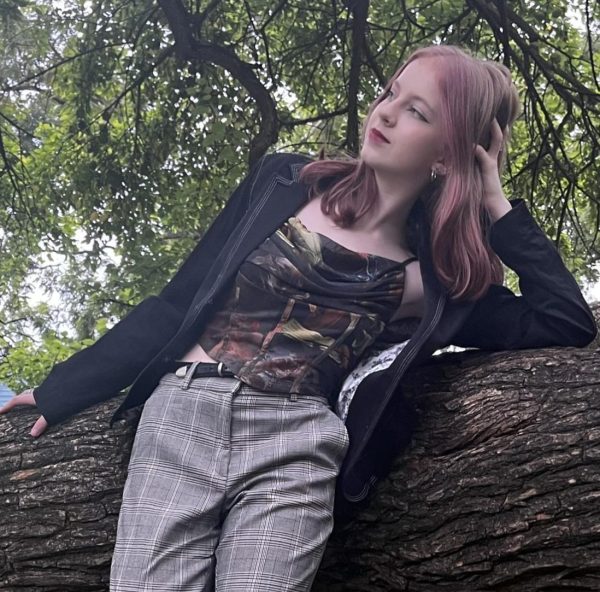On March 17, 2020, all Illinois schools closed due to the rise of the COVID-19 pandemic, altering our lives forever. This affected everyone in some way, though many took the blow of the pandemic harder than others. Such an astronomic loss of life on a global scale was one of the most horrific effects of this pandemic, although it also created smaller, more personal ripple effects in our everyday lives. As we look back on the five-year anniversary of this historic shutdown, it is important to acknowledge the effect those ripples, big and small, have had on all of us in Central High School, Illinois, and the world in general.
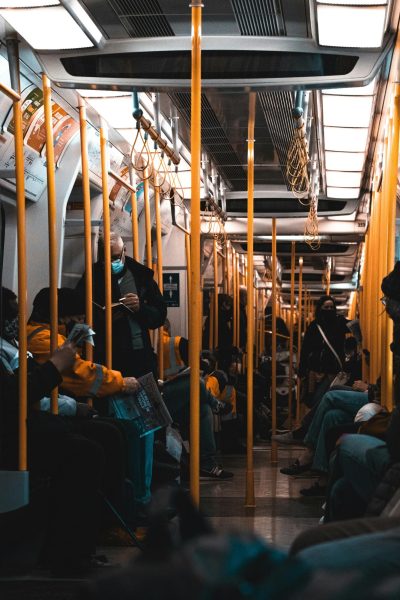
Global Effect
Originating in Wuhan, China at the tail end of 2019 and going into 2020, the world was not yet aware of the scale of impact COVID-19 would have on it. But when China shut its border, we began to get a taste of the estimated 1,813,188 global deaths that would occur by Dec. 31, 2020. The U.S. lockdowns didn’t begin to hit until March, but the few months before that were a time of general fear and anxiety over the future.
Every country reacted and experienced COVID differently, and each was hit with vastly different fatality levels as well. According to the World Health Organization (WHO), the Americas and Europe were the top two for fatalities, while Africa had the least out of every continent. This could be due to any number of reasons, but country policies, immunity levels, and civilian reactions are among them. Central High School Spanish teacher Lourdes Ruiz, who lived as an English teacher in Spain when the pandemic hit, had much to say about her country’s reaction to it. According to Ruiz, Spain’s civilian population was informed of their lockdown via television. She describes, “I clearly remember, it was March 12 and then we were watching television and, all of a sudden, the news started and they said that we all had to be home and were not allowed to leave our houses.” This lockdown, which was very different from us in America, did not leave educators, or anyone, much time to prepare. Ruiz says, “We didn’t have computers at home, it was just our personal piece as teachers. We didn’t have the materials that we needed.”
Spain also had a massive difference in how the general public reacted to COVID lockdowns. While in America many found themselves stuck at home, we were still for the most part free to go to grocery stores and to the park anytime we wanted, but Ruiz recounted that in Spain they “could only do the grocery shopping once a week, and only one person of the family could go.” Even further differences from America, the Spanish citizens actually followed these rules. As Ruiz explains, “We knew it was a very dangerous situation, that it was very contagious, and that if you didn’t take precautions, that could be really bad for your family.” Considering the widespread upset that occurred in America as a result of the lockdowns, it’s hard to imagine a country that was in the majority of following COVID guidelines.
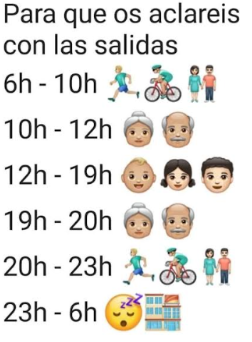
When asked about how COVID has had effects on her life, Ruiz said one of the main things is her awareness of contact with other people. In Spain, it is very common to greet people with two kisses or a hug, but Ruiz says, “Now they don’t do it that much. We’ve become more aware of the risks. They try to keep their distance. That’s something we didn’t used to do before.” She also said that COVID has become a sort of reference point in our lives, that we “are still thinking of times before and times after COVID,” which is a mark of the global effect it had.
Local Effect
Here at Central High School, we also felt the global pandemic’s effect. Kate Flugge, a social studies teacher at Central, said that the beginning of 2020 was a very stressful time for educators, and that “as it started to become more and more evident that this was going to be a pretty catastrophic event, we started preparing for the shutdown of schools, because we could see it happening in other places, too.” This was a stress felt all over, but Central’s anxiety was added to by the new construction taking place in our school. Flugge says that “they shut school down right about this time [March 7, 2025] because we had parent teacher conferences. We ended up doing our parent teacher conferences over Zoom. Sent us all home and then over spring break, if we had stuff in our rooms that needed to get removed before construction… so Mr. Sitch came in and took all my plants home.”
Flugge also mentions that one lasting effect COVID has left, specifically in the education field, is a decrease in attendance. She states, “I think because so much stuff is online now, kids don’t feel like… it used to be, you only miss school when people are really sick, and now it’s like ‘Nah, I shouldn’t, I don’t have to go to school today. I can just find out what we’re doing online.’”
Several Central students also agree with some of the effects COVID has had on our education, although attendance was not among them. An anonymous student states that they “missed a lot of basic and important education that I need due to having school off or online. It affected my experience socially and mentally. Being quarantined was a bad experience and had a negative impact.” Central senior Zoe Lindgren says, “I think that COVID will always have a large way in how I see public emergencies and health as a concept, and I am permanently changed as a person from that.”
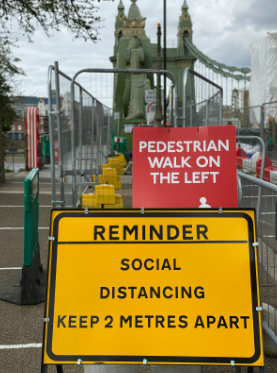
Even with the negative parts many of us took away from our COVID experience, there were still positives to be found. Flugge remembers, “It was a nice time to be home because you could see, like all the flowers starting to bloom, and there were baby squirrels being born. I remember we’d sit in the backyard and we’d watch all the baby squirrels running along the power lines behind the house and like things that we wouldn’t necessarily have seen,” which was a welcome relief between all the stresses of the world at the time. An anonymous Central student agreed with this statement, saying, “It is something that we will remember forever. It is like a core memory even if it was mostly negative, it had positives as well.”
My Experience
While I, like most of the world, also lived through 2020’s COVID lockdowns, I also experienced a different impact from COVID. One of the lesser-known side effects of having COVID is a chronic condition known as Long-Covid, which I unfortunately developed after an initial COVID infection in 2022. Long-Covid is characterized by extreme fatigue, brain fog, and heart palpitations and has been considered a disability in the United States since 2021. The experience can vary greatly from person to person, but for me, it was a little over a year of constant fatigue and brain fog that began after my initial COVID-19 infection and only got worse over time.
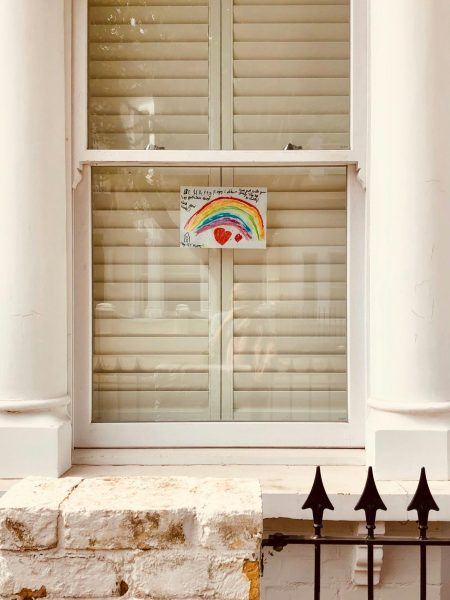
Long-Covid is not a heavily researched field, which makes it very difficult to diagnose. I lived with this debilitating condition for around 6 months before it was even suggested that it was Long-Covid, and by that time, it had already severely damaged my life. This condition took me from being a high-achieving student, dedicated ballet student, and social teenager, to being unable to get out of bed for weeks at a time, and that has left marks on my life even going on two years since I was considered recovered. I was forced to repeat my math class due to my extended absences, missed many core moments with my friends, and generally felt such a cloud of distance from my peers that I still struggle to break through. At times, I was so unwell that I was driven to Convenient Care multiple times in a week in the hopes of getting an answer, which was still scarce. After multiple doctor consultations, I was finally referred to a Long-Covid specialist at St. Louis Children’s Hospital who supplied much needed answers to recovery.
Even with this difficulty, I was still extremely lucky to have people pushing for my recovery and even to have a recovery at all. Many who suffer from Long-Covid can experience it for years with no end in sight, possibly without even knowing what is wrong with them in the first place.
Altogether, experiences like mine, yours, and anyone out in the world can be found similar or different; it all depends on what you look for.



